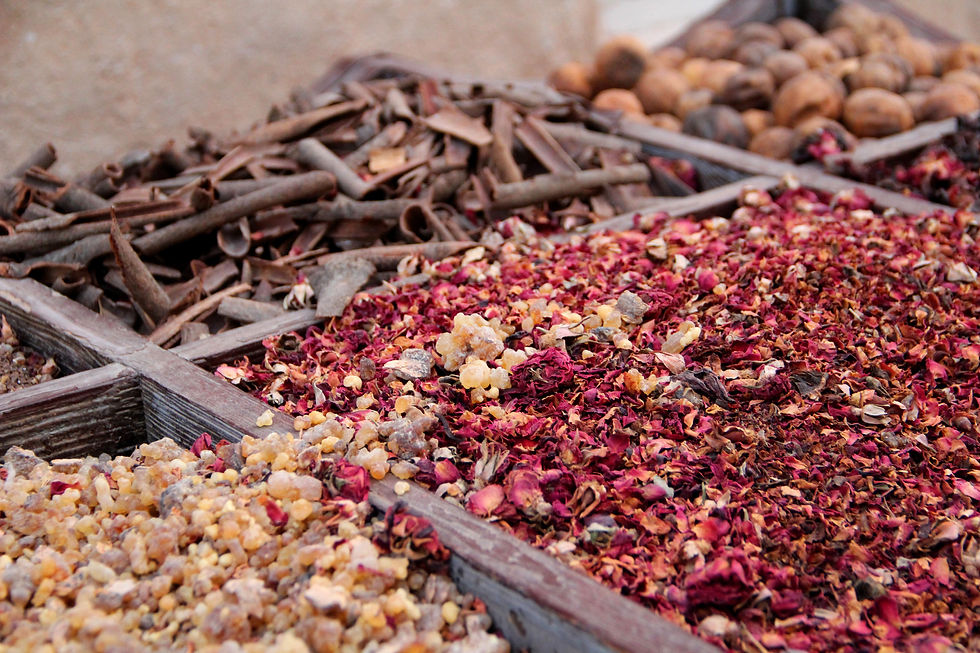Depression is one of the most diagnosed mental illnesses in the world today. It appears that millions of people have been suffering from this disease for a long time, but helpful awareness has not been there for them to see where they truly stand. So many often resort to doing mean things and as far as taking their own lives. The World Health Organization (WHO) defined health as “a state of complete physical, mental and social well-being and not merely the absence of disease or infirmity.” This interprets that health should be holistic and whole. It also means that a person can be excellently doing well financially or have great physical health (a good blood cholesterol range, ideal body weights and fitness, etc) yet be unhealthy. Mental health is just as important as physical health.

Depression is not just the feeling of sadness as an emotion. It involves a reduced interest in the activities that used to be exciting, consistent and unnecessary feelings of guilt, prolonged sadness or low mood, weight gain, fatigue, an increased challenge in concentrating, thoughts of death, and so on.
Major depression can be a life-threatening ailment when not dealt with as seriously as it is.
Millions of people during a period of their life have suffered an episode of light to severe depression at one point or the other. Some may be aware and many would not even know what they feel or they experience. That is why I will always recommend that each one speaks up and talk to a friend or take time to invest in themselves by visiting a psychologist who can help them heal and recover from such an episode. Aside from the therapy sessions with a psychologist, several lifestyle modifications, food nutrients and activities can also help one recover twice as fast.
Food has been seen to be involved with every function and action in our body. A nutrient or the other is involved at every point.
How does depression happen in the body?
Let us look at the basic science of depression. Come with me to "science land". There has been an agelong explanation to how depression is developed in a person, it is the "monoamine theory". Neuroscientists have described depression as a condition that arises as a result of a chemical imbalance in the brain. The brain is the seat of our nervous system. Messages (known as impulses) are carried from the brain to different parts of the body via nerve cells. We have billions of these nerve cells running from the brain signalling to every part of the body, yet these many nerve cells don't touch one another. The nerve cells only communicate through what are called neurotransmitters. These neurotransmitters are what fills the gap and transfer info from one nerve to another. The group of neurotransmitters responsible for this action are the monoamines. They include serotonin and dopamine. Those names sound familiar, right? Yes, those are the chemicals that control your moods and feelings, sexual desires (libido), sleep, appetite, digestion, etc.
However, the levels of these monoamines (serotonin and dopamine) are determined by an enzyme called monoamine oxidase (MAO). Monoamine-oxidase (MAO) has only one function here, and that is to break down excess monoamines (i.e serotonin and dopamine and co.), which leads to monoamines being reduced in the brain. That will in turn reduce the functions or efficiency of the monoamines.
So the people who are depressed are medically seen to have increased amounts of that monoamine-oxidase which destroys more of the monoamines and causes a person's emotions and other things to be off-balance. That is where depression shows up.

Just like you thought too, science has developed medications that help to combat the harmful effect of the MAO in the brain. But the sad thing again is that it leaves the individual more damaged in their body. Some adverse side effects were noticed while on the medications like reduced libido, insomnia, weight gain and potential risk of fatal brain haemorrhage when they eat some cheese or cured meats. That is a very threatening case there. But there is a cost-effective way with no side effects whatsoever.
Plant Foods to the rescue.
Can Nutrition Affect Mental Health?
How can food help? Whole plant foods have a ton of naturally present nutrients that translates into health and wellness in any species that feed on them. They translate to macro and micro-nutrients in us and improve our health. I believe that we are first herbivores (plant-eaters) before we are herbivores because we do much better in terms of our health than when we live as flesh-eaters (carnivores). Let us see some groups of foods to eat to improve our mental health and prevent the risk of depression.
Whole fruits and vegetables
Earlier, we saw how monoamine oxidase (MAO) is the chemical that destroys monoamines such as serotonin and dopamine. But what if I told you that we can safely reduce those MAOs too, it will be great, right? Exactly so. In the reality, many common plant foods can stop the rise of the MAO. These fruits and their products include apples, green tea, onions, berries, grapes, pears, oranges, lemon, sweet potatoes and green leafy vegetables. They contain phytonutrients that naturally inhibit the activities of the MAO in breaking down monoamines in the brain.

Studies have it that those who eat more plant foods (fruits and vegetables) have a reduced risk of being depressed. Coupled with that, they are calmer, more coordinated, energetic and happier daily. That will mean that they eat up to seven servings or more of fruits and vegetables every day of the week, every week of the year, in and out. It appears that people who eat healthier are happier because they are healthy. negativities are eradicated by simply eating the right foods for your body. Eat plant foods every day.
Whole seeds
Plant seeds being high in carbs and protein makes them ideal and perfect foods. Take serotonin as an example, they are made from amino acids of proteins that successfully made their way to the brain. This amino acid is Tryptophan. When tryptophan successfully makes its way to the brain in some good amount, serotonin is manufactured and made available.

But there is a struggle between tryptophan and other amino acids to enter the brain. Many of which can overpower it. So the trick is to have a high carbohydrate food and foods with a high tryptophan-to-protein ratio. Foods rich in carbohydrates will help to divert many other amino acids present in the food into the muscles and allow the tryptophan to make its way to the brain. Sesame and pumpkin seeds are the perfect tryptophan-rich foods and they also contain a good amount of carbohydrates. So, having any of these seeds with a carb-rich breakfast like waffles and fresh fruit juice will just make a perfect day.
Saffron and other herbs
Saffron and some of its group being from plant origin are loaded with phytonutrients that naturally prevent the damage caused by the MAO just by ingesting them frequently. Herbs and spices like cloves, oregano, saffron, cinnamon, and nutmeg. You can enjoy each of these in your teas or food. Having saffron lightens and livens up a mood and a person within hours of having it either in teas or just mere sniffing.

"Having a couple of glasses of coffee without sugar eventually improves mood also and also lowers the risks of being depressed or even committing suicide", says an American scientific journal. This also helps to explain why those eating plant-rich diets have lower rates of depression.

Physical activities
it has long been realised how simple exercises and physical activities improve your mood by boosting serotonin production in the brain. In research, patients who suffered from depression were made to exercise a couple of times a week and the result after three months showed us how their moods, and feelings were positively influenced. This was seen to have no adverse side effects unlike treating depression with medication. I am sure you now know what option naturally works best. Some fitness sessions in a week will improve the overall mental health of a depressed person, obviously under supervision.
In as much as medication seems to provide rapid first-aid help to depressed patients, it is not advised for long-term use. Natural and plant-based foods, exercises and social integration will give a holistic remedy to the situation.
References
Dixon Clarke SE, Ramsay RR. Dietary inhibitors of monoamine oxidase A. J Neural Transm.
2011;118(7):1031–41.
Lai JS, Hiles S, Bisquera A, Hure AJ, McEvoy M, Attia J. A systematic review and meta-analysis of dietary patterns and depression in community-dwelling adults. Am J Clin Nutr. 2014;99(1):181–97.
Brinkworth GD, Buckley JD, Noakes M, Clifton PM, Wilson CJ. Long-term effects of a very low carbohydrate diet and a low-fat diet on mood and cognitive function. Arch Intern Med.
2009;169(20):1873–80.
Fernstrom JD, Wurtman RJ. Brain serotonin content: physiological regulation by plasma neutral amino acids. Science. 1972;178(4059):414–6.
Hudson C, Hudson S, MacKenzie J. Protein-source tryptophan as an efficacious treatment for a social anxiety disorder: a pilot study. Can J Physiol Pharmacol. 2007;85(9):928–32.

تعليقات